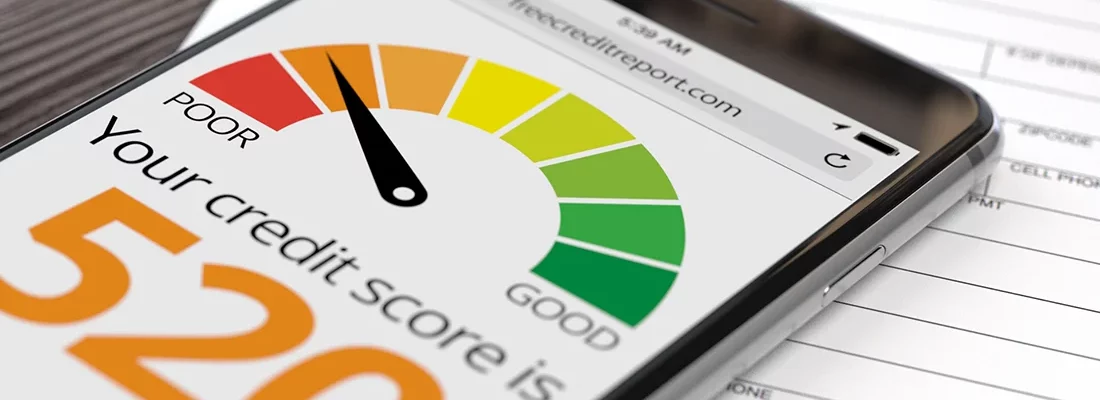1F Cash Advance Expert Guides and Articles
We're excited to announce that the 1F Cash Advance Team of financial writers has been working hard to bring you the best lending information possible.
Our 10-year expertise in the lending industry is a valuable asset in helping you understand how different loans work and what options are available to you.
Our goal is to arm you with the knowledge and confidence needed to make informed decisions about your finances.

How to Get Personal Loans for Credit Scores under 550
FICO defines a credit score of 670 and above as good. To get eligibility to reputable personal loan lenders, you need a credit report of excellent quality. This gives you access to various credit options. You can choose a credit option with the lowest interest rates and the most convenient terms.
 Top-rated
Top-rated
I Need Money Now: 16 Ways to Get Quick Cash
Whether you're facing an unexpected expense, aiming to boost your savings, or looking for additional income sources, these proven ways will help you get fast cash. This article equips you with a diverse set of options to address your immediate financial needs. Don't let financial stress hold you back.
 Top-rated
Top-rated
Emergency Cash for Single Mothers
Single moms facing financial emergencies can benefit from grants and loans. Get help with housing, pay bills, and receive medical aid and child care services.
 Top-rated
Top-rated
No Income Loans: What You Need to Know
If you want a loan but don't have any income, you might be wondering if there's any way to get one. The answer is yes! We've put together this guide to explain what you need to know about no income loans, including how they work and how to apply for them.

Quick Ways to Find Funds for Pet Emergencies
Handling pet emergencies can be daunting and costly. It's important to have a first aid kit and also be aware of where you can access emergency funds. Find out more tips to help you take care of your furry friend.

Everything You Need to Know About Single Payment Loans in 2024
Single-payment loans are short-term financial instruments that require repayment in a lump sum, often by your next paycheck. If you’re faced with an unexpected expense, such as a medical bill or car repair, these loans can help. They’re easy to get approved for based on income and don’t require a credit check. But watch out for high interest rates—they can add up quickly if you’re not careful. Borrowers should evaluate their financial stability and explore alternatives before choosing single-payment loans.

Loans for Independent Contractors with Bad Credit: Explore Your Options
Independent contractors with unpredictable income and poor credit often have difficulty obtaining loans. However, special loan programs are designed specifically for freelancers and independent contractors. These programs consider different ways to verify income and usually have easier credit requirements, allowing these workers to get the financing they need. Self-employed people and independent contractors face different challenges, but they can qualify for SBA microloans, personal loans, and lines of credit.

How Fast Will I Get a Payday Loan?
Payday loans are known for being accessible and fast. Most borrowers say they receive the money on the same or next business day. There are several factors that can affect the speed of payouts. They include your application method, time of the day you apply, and your bank cut-off times.

What Will Happen After a Lender Sells Your Debt to a Collection Agency?
If your debt remains unpaid for 90 to 180 days, creditors typically don't beieve you will repay it. To offset at least a portion of financial losses, lenders may sell your debt to professional collection agencies that will try to collect money from you. Here's everything you need to know about sold debt, its credit, legal, and financial consequences, and your rights and responsibilities associated with it.

Loans Like CASH 1
CASH 1 is a lending company providing loans of up to $1,500, featuring a 28% APR and flexible repayment options for bad credit borrowers. Explore alternatives to traditional loans like CASH 1 to avoid borrowing more than necessary and mitigate risks.

Wise Loan Review
Wise Loan, also called Essential Lending, is an online lender founded in 2015, and it operates in 10 states. Some of its loans offer funding on the same day, and it's open about its terms. But be ready for rates as high as 799%.

How Can You Reduce Your Total Loan Cost in 2024?
Loans are the best way to attain the life goals you want to get, for instance, buying a house, going to college, or starting a business. Nevertheless, the regular interest payments make the loan amount too big for the students to overcome. You can thus apply the advanced methods to solve this problem and consequently, you will have the money for the future.

Payday Alternative Loans: A Cheaper Option for Bad Credit
If you're facing challenges with a low credit score and thinking about borrowing money until your next paycheck, seeking financial assistance might be the right move. However, it's crucial to understand the distinctions between traditional payday loans and payday alternative loans. While both options can be viable for those with bad credit, there are several factors to consider.